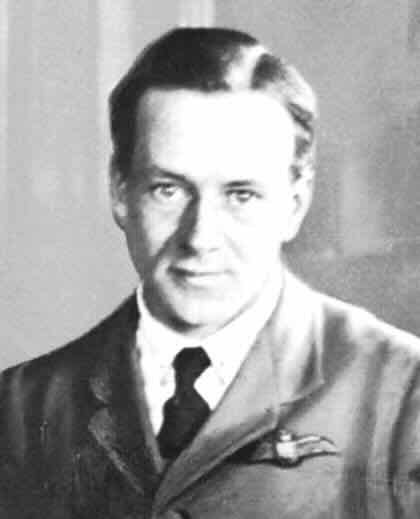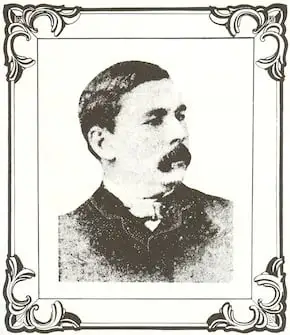- July 23, 1886
Lieutenant-Colonel Sir Arthur Whitten Brown, KBE (23 July 1886 – 4 October 1948) was the navigator of the first successful non-stop transatlantic flight.
Arthur Whitten Brown was born in Glasgow to American parents; his father had been sent to Scotland to evaluate the feasibility of siting a Westinghouse factory on Clydeside. The factory was eventually sited in Trafford Park in Stretford, Manchester, and the family subsequently relocated there.
Transatlantic flight
The flight from St. John’s, Newfoundland, to Clifden, Connemara, Ireland, took place on 14 June 1919. They departed St John’s at 1.45 pm local time, and landed in Derrygimla bog 16 hours and 12 minutes later after flying 1,980 miles (3,168 km). The flight was made in a modified Vickers Vimy bomber, and won a £10,000 prize offered by London’s Daily Mail newspaper for the first non-stop flight across the Atlantic.
A few days after the flight both Brown and Alcock were honored with a reception at Windsor Castle during which King George V invested them with their insignia as Knights Commanders of the Order of the British Empire

 ← Father Edward Flanagan, born
← Father Edward Flanagan, born
 Death of Joseph Medlicott Scriven from Seapatrick, Co. Down, who wrote the words for What A Friend We Have In Jesus →
Death of Joseph Medlicott Scriven from Seapatrick, Co. Down, who wrote the words for What A Friend We Have In Jesus →